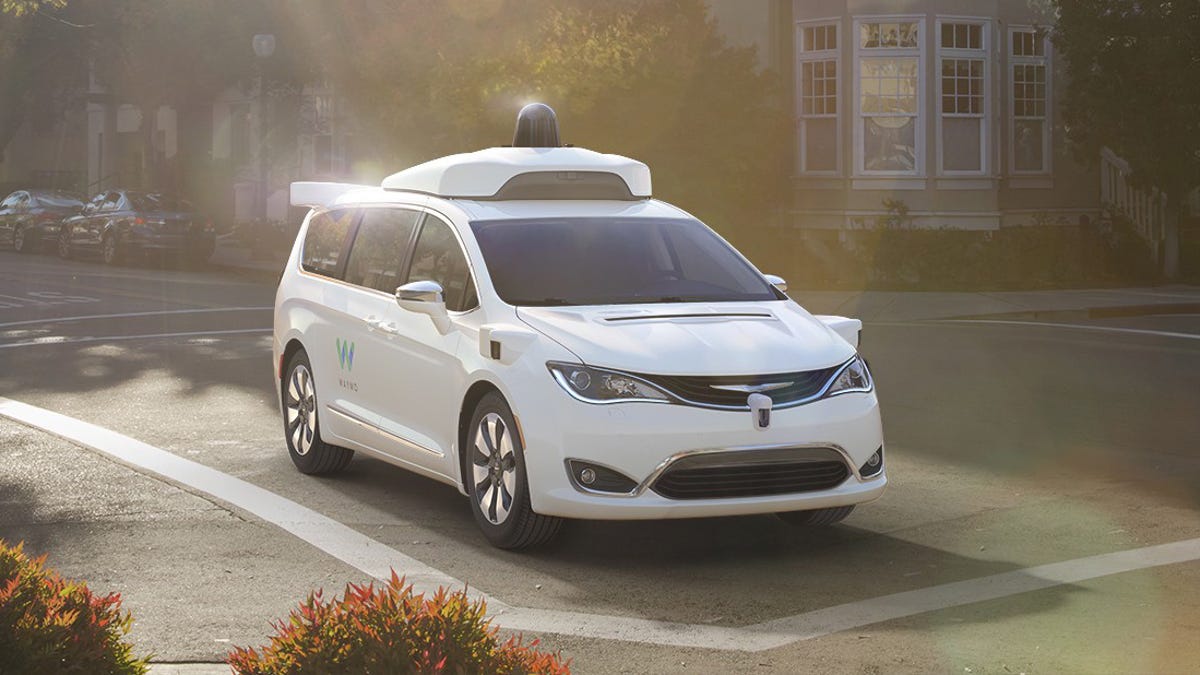Waymo applies for California driverless testing permit
The self-driving technology leader seeks to test fully driverless vehicles on California public roads.

A couple of weeks ago, we reported on the news that California was accepting applications for permits that would allow testing of fully driverless vehicles on public roads. At the time, the Department of Motor Vehicles wouldn't reveal which companies had applied for the permits. Now, thanks to a report by the San Francisco Chronicle, we know that one of the companies was Waymo .
Waymo is considered by many to be a leader in driverless car development, so its permit application comes as no surprise. According to an anonymous source, the Chronicle reports, Waymo will begin testing sans-human safety drivers near its Mountain View headquarters. Once testing is established there, it will expand its test area to more of the greater Bay Area.
Self-driving startup Waymo has applied for a permit to test fully driverless cars on California roads.
California's decision to allow testing without human safety drivers came as a surprise to many after the fatal crash of an autonomous vehicle into a pedestrian in Arizona at the end of March. It should be said that California's planned oversight of the companies' testing should help mitigate risks to pedestrians and other motorists.
Among the requirements set forth by the California DMV to obtain and then retain a driverless testing permit are two-way communications capability with the vehicle, geofencing to ensure the vehicle doesn't leave its predetermined test area and sufficient security technology to be able to resist cyber attacks.
Currently Waymo has an excellent track record of safety with its autonomous test vehicles, with an average of just one disengagement (the term used for situations in which a human safety driver must intervene and take control of an autonomous vehicle) per 5,596 test miles traveled. By comparison, it has been speculated that Uber's self-driving cars require human engagement once every 13 miles traveled.

